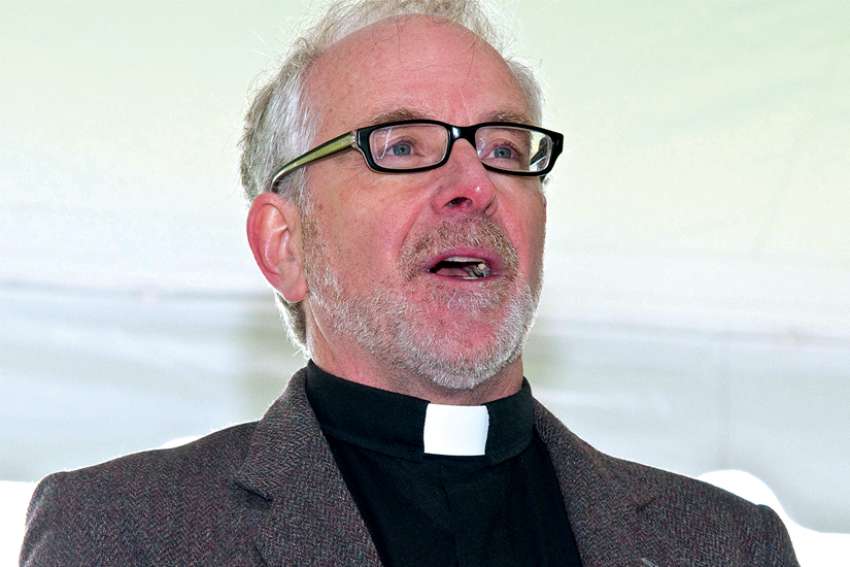“It is about time that an order has taken that step,” said Brenda Brunelle, the president of the Survivors Network of those Abused by Priests (SNAP) for Southwestern Ontario.
Brunelle, whose group released its own list of the “credibly accused” in the Diocese of London at the beginning of December, said Church transparency in Canada lags behind countries such as the United States and Australia. She hopes the Jesuits’ decision will prompt other religious orders and dioceses to be more forthcoming in sharing what they know about historical abuse.
“I am hopeful that other orders will follow suit,” Brunelle said in a phone interview. “I’m glad that this could be an important step to get this information out, but we are way behind the times with this here compared to what is being done elsewhere.”
In a statement released on Dec. 18, the Jesuits of Canada said that they have hired an outside firm, the King International Advisory Group, “to review all personnel and provincial files of Jesuits going back to 1950 in preparation of publicly releasing the names of all Jesuits of the province who have been credibly accused of sexual abuse of minors.”
Fr. Erik Oland, provincial of the Jesuits of Canada, said the decision to compile and publicly release a list has been an ongoing process, and that releasing such a list “is the right thing” to do.
“We hear the voice of the victims of childhood sexual abuse in Canada. Lists that provide the public with information about these men are important to healing,” Oland said.
“It is the right thing for us to do in the promotion of institutional transparency and accountability, an important step to help correct the causes of the crisis,” he said. “On behalf of the Jesuits, I apologize to the victims for the deep pain caused by Jesuits in the past.”
The advisory group’s work is expected to begin in earnest in January, with a list to be published one year later. According to the Jesuits, the advisory group will face no restrictions.
“It is intended that our list will feature the names of historic offenders whether they were dead or living at the time that complaints were brought forward against them. Rather than employ legalistic tests such ‘on the preponderance of evidence’ the list will deal with allegations where it appears more likely than not that an offence occurred,” a statement from the Jesuits of Canada said.
“Criteria that would be taken into consideration include cases where a Jesuit was accused by parishioners, civil authorities or other clergy, even if no charges or civil actions were ever forthcoming. It may also include plausible hearsay evidence that would not be considered in legal proceedings.”
Brunelle said she doesn’t understand why the public has to wait until 2021 for release of the information. Her group compiled its list in the Diocese of London in under a month, she said.
“If I was able to do it in just three weeks, why is this taking them so long,” she said.


